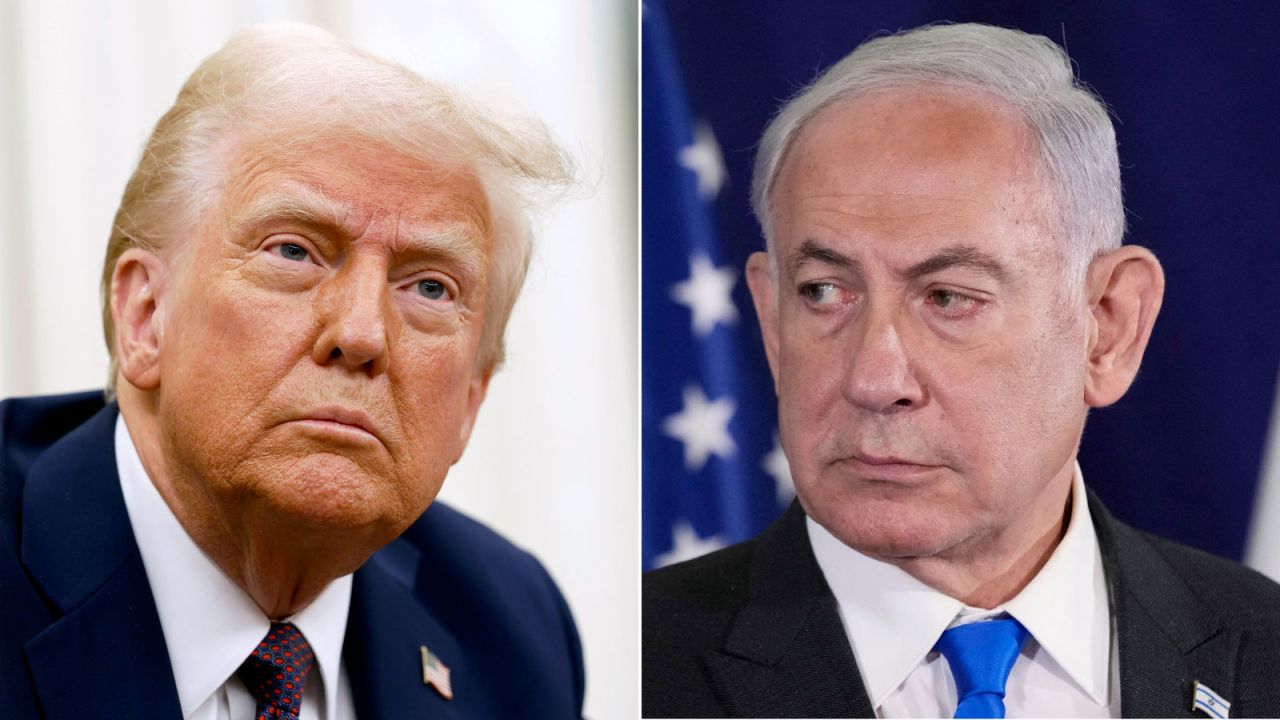
After three years of relentless conflict, Russia’s economy is teetering under the weight of soaring inflation, escalating interest rates, and stringent Western sanctions. In a move that has sent shockwaves through the international community, U.S. President Donald Trump is aggressively pursuing a swift resolution to the war in Ukraine, a strategy poised to offer significant economic relief to Moscow.
This development comes as a lifeline for Russia, which faces a critical decision: either curtail its burgeoning military expenditures or brace for prolonged economic stagnation marked by high inflation and deteriorating living standards. Oleg Vyugin, former deputy chairman of Russia’s central bank, emphasizes the urgency of a diplomatic resolution, stating that it’s the only viable path to avert further economic decline.
The prospect of peace has already invigorated Russian financial markets, with the ruble surging to a near six-month high against the dollar. This optimism is fueled by expectations of sanctions relief and the potential return of Western enterprises to Russian soil. However, the path to economic stabilization is fraught with challenges. The war has precipitated labor shortages due to military conscription and emigration, driving unemployment to a record low of 2.3%. Simultaneously, the central bank’s stringent monetary policies, including maintaining interest rates at 21%, have stifled corporate investment and failed to rein in inflation.
The internal economic landscape reveals a stark dichotomy. Sectors aligned with military production have experienced wage booms, while civilian industries grapple with escalating costs for essential goods. Businesses like Melon Fashion Group have capitalized on reduced competition, expanding their market presence. Conversely, companies in other sectors face formidable hurdles, as exorbitant lending rates deter new investments and shrink the pool of potential investors.
Despite the potential economic reprieve, skepticism abounds regarding the immediate resurgence of foreign businesses in Russia. The exodus of over a thousand international companies since the onset of the conflict has reshaped Russia’s commercial landscape. Edward Verona, a nonresident senior fellow at the Atlantic Council’s Eurasia Center, cautions that while diplomatic overtures may pave the way for renewed economic ties, the pervasive influence of the Kremlin over business operations and the erosion of property rights present substantial risks for foreign investors.
In this complex milieu, President Trump’s assertive push for a rapid peace agreement not only aims to halt the hostilities but also seeks to recalibrate economic alliances. The international community watches closely, as the ramifications of these developments promise to reshape geopolitical and economic dynamics on a global scale.

GIPHY App Key not set. Please check settings